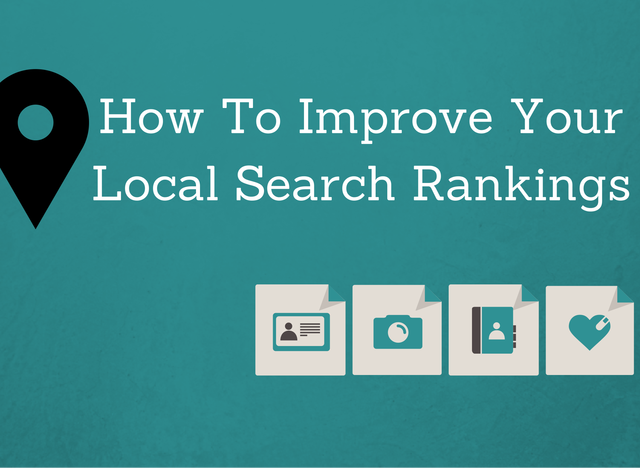Google announced that before the end of the year 100% of your organic keyword data from Google will show as ‘not provided’ in Google analytics. For digital marketers, this is simply bad news. Google Analytics and digital marketing more generally are supposed to be fully trackable and transparent - a medium where we can finally analyse all of our data. But Google is starting to put an end to that. Google has made no secret of it’s desire to hamper those trying to manipulate search rankings, the problem is though that organic keyword data is a valuable source of information for any business owner or marketing team, regardless of any SEO activity you may be undertaking.
However, Google encrypting it’s keyword data is not the end. Here are 5 simple ways to get similar data to help steer your online activity:
1. Google AdWords: This is the one Google naturally want you to dip into. Paid keyword data through Google AdWords is not encrypted, meaning that you can bid away to your hearts content on keywords and see users behaviour from those keywords in Google Analytics. The value of this is that before embarking on a longer term organic search campaign, you can still justify your spend by testing conversion and user activity, as well as brand interest from sets of keywords on Google.The downside of AdWords of course is that this costs a little money to get started.
2. Focus on Bing: Bing may only make up a small portion of search engine traffic, particularly here in the UK, but it’s keyword data is not encrypted and therefore can give you an indication of what’s going on out there in the organic search world. Focus your strategy more for what makes Bing tick to get more and more of this valuable keyword data.
3. Consider Webmaster Tools: Google’s Webmaster tools gives you an overview of search activity in terms of impressions, ranking and clicks by keyword. These numbers are averages, rounded up to the nearest ten, however again this gives you a trend to look at. Google is actively extending this data, allowing you to see a trend on a certain keyword over time.
4. Look at Landing Pages: If you have a big site with plenty of long-tail potential then landing page analysis in Google Analytics may allow you to estimate keywords traffic. If you have a certain product that has historically been driven by a number of long-tail keywords then the entry traffic to this landing page from Google increasing may suggest an increase in traffic to these keywords
5. Combine Rankings & Keyword Volume: by monitoring your keyword rankings in Google and looking at the search volume for your terms regularly in either Google trends or the keyword planner you can again estimate what is happening in terms of organic split between your keywords.
None of these solutions are completely perfect and provide 100% accurate data, however they all provide insight and an overview, allowing you to take actionable decisions around your online marketing. Until Google gives us our keywords back, that may be all that we can do!
Adam Mason
Latest posts by Adam Mason (see all)
- Why Has Google Gone Against Authorship? - July 7, 2014
- Why You Should Outsource Your Content Marketing - February 10, 2014
- Is Your Site Affected By Penguin? - January 31, 2014




